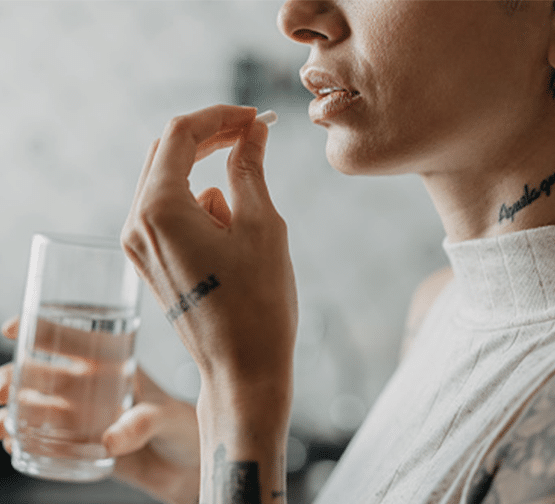An opioid overdose requires immediate medical attention. Call 911 immediately if you or someone you know exhibits any of the symptoms.

Most people don’t find themselves addicted to prescription drugs, but some do, especially when taking them not as prescribed or for an extended period of time. Studies suggest that up to one-third of people who take opioids for chronic pain misuse them, and more than 10% become addicted over time.
Someone is also at increased risk of addiction if they obtain opioids without a prescription. And using opioids illegally increases the risk of drug-related death. Illegal drugs such as fentanyl may be laced with life-threatening contaminants or much more powerful opioids. And people who use opioids illegally often turn to heroin, a cheap replacement with similar effects.


It’s common – and entirely human – to avoid addressing your concerns for fear your relationship or family will fall apart. You may believe you’d know it was time for action if your loved one’s addiction was truly serious. Some addiction experts now recommend that doctors interview family members as part of routine follow-up care for a person taking opioid medications. But don’t wait to be asked before you voice your concerns.
A person addicted to opioids – or any substance – is much more likely to recover if his or her family refuses to ignore or tolerate the problem. If you think your loved one may be addicted to opioids, talk with their doctor right away. Together you can determine the best next steps.